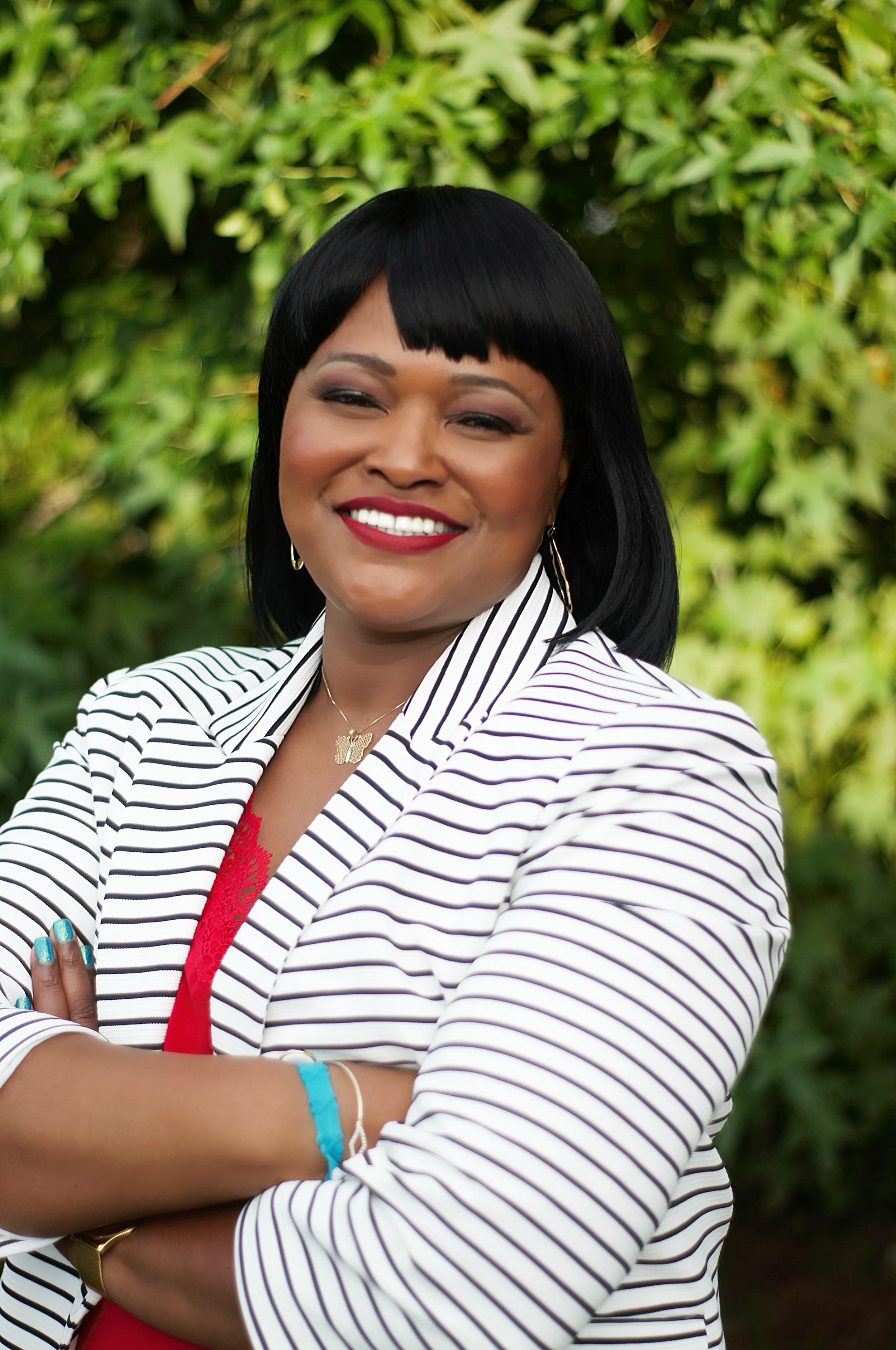It was a man’s world
By Lourdes Gonzalez
Marisa Candiani is a badass, powerful woman. She may not think so, but everyone who knows her does. They think so, not because she is a successful entrepreneur, business owner and mother of 3, but because in addition to this, Candiani successfully owns and runs a 5,000-acre ranch in rural, gritty Western Mexico. Population of this ranch? Cattle. Purebred Black Aberdeen Angus to be exact. She runs one of the oldest and most prestigious purebred beef cattle ranches in the country. A man’s job, you say? You wouldn’t have been wrong some years ago. Isn’t ranch work too tough, you ask? You bet. Ranch work is hard, dirty, tiring, dusty, sometimes bloody and never ending. Marisa Candiani lives for it. And she is not the only one. Over the last few years, Mexico and other Latin American countries have seen a rise in female led businesses; from the male dominated agricultural and farming industry to science and technology industries, women’s ascent to the top of the leadership hill has been constant and implacable, although not without its struggles.
‘I’ve had disagreements with vets, clients and suppliers who are not used to the way we do things in the ranch nowadays; you start to build a reputation of being different than a male owner, different rules, procedures, cares and worries and that doesn’t always suit the more traditional ‘manly’ way of running a cattle ranch, or any business for that matter.’
For some Latin American women, the concept of doing hard labour or taking on a leadership position isn’t all that ground-breaking. During the Mexican Revolution (1910-1920), a great number of women known as Soldaderas or Adelitas, not only supported and aided soldiers in battle, but they also joined the fight. Carmen Alanis and Juana Gutierrez de Mendoza were some of the fighters that were known as Coronelas (Colonels) and had actual battalions, hospitals and men under their care and command.
Mexico may be better known for its pristine beaches, pre-Columbian pyramids and world renowned cuisine, but that’s not all there is to it. Its population is a whopping 127 million, of which approximately 51 percent is female. Mexico is an ecologically mega diverse country, and it ranks fourth in the world for its biodiversity. Due to this and to its numerous UNESCO World Heritage Sites, it is also the 6th most visited country in the world. Of course, like many other countries, it has a serious wealth distribution problem, and while the national GDP was around 2 trillion USD in 2018, 42 percent of the country’s population lives below the national poverty line. It’s no revelation that for women, poverty comes with even more risks and challenges.
‘The worst thing about poverty in this country is the the lack of education. Without education people have no chance of improving their condition, creating successful businesses or taking leadership positions with responsibility. Of course you see this much more in women, who traditionally take roles in the household… unpaid work, that while very worthy, does not give them the freedom that economic independence does.’
Born and raised in Mexico City during times of political and economic unrest, Candiani was acutely aware of her parents’ unrelenting work ethic, learning from an early age that only hard work, sacrifice and belief in yourself lead to success.
‘Growing up in a home where my father worked and provided for his family, and with a mother who knew how to manage the household while caring for her children, that was the best example I could have had. At home, I learned to love work, be professional, disciplined and constant. But I never would’ve accomplished anything without the education my parents also provided for me.’
Mexico is home to a large number of female entrepreneurs, and in recent years, women’s participation in business operations has grown like never before. According to a study by the Global Entrepreneurship Monitor, Mexico is one of the four countries in the world, and the only one in Latin America, where there are more female entrepreneurs than male ones.
‘Being a woman and a boss in Mexico is twice as hard. It is still a very macho, Catholic, traditional society. Clients will think your husband or father is the boss, and ask for him to deal with in business. The farming and cattle industry, as dominated by men, is still a very rough environment, people curse at each other a lot and employees respond better to loud yelling ‘manly’ orders. When you believe in your product or service, you can stand your ground and people will realise if they want your product they deal with you. And employees will learn that if they want to work with you, they have to adjust to your way of doing things. The right people tend to stick around.’
As of January of this year, only 11 women worldwide are serving as Head of State and 10 as Head of Government for their countries. Of 2018’s Fortune 500 companies, only 24 have female CEOs. The need for women in key power positions is evident. To achieve true social and legal equality, it is imperative that women take on leadership roles, whether it be in the public sphere, as government officials in high ranking positions, or in the private sector, as CEOs, board members and decision makers.
‘Women in Mexico have been building up to this moment, for years now, when we start closing the gaps that set us apart from men in terms of opportunity and accountability,’ says Candiani.
Mexico’s National System of Researchers, a governmental agency promoting both the quantity and quality of research in the country, is another example of this growing trend. At its foundation in 1984, 82 percent of its researchers were male, while only 18 percent were female. By 2015 the percentage of female researchers had reached 35 percent, a significant increase, and that trend has continued well into 2019.
‘The so-called glass ceiling phenomenon limits the true exercise of women’s rights in their professional ascent. For years, women in Mexico and worldwide have been stopped in their journey to higher levels of authority and responsibility, limiting their professional careers. In my country this speaks not only of ingrained cultural sexism, but of outright structural discrimination, which we cannot abide by anymore.’
Though times are currently uncertain in Mexico, with a new government radically altering policies and reforms and a neighbouring U.S.A. threatening the country’s most significant trade agreement, it is stories like Candiani’s and the promise of a better and more equal future that keeps the people of this country going. It is knowing that power in success can come at any age, in any industry, when women and men work relentlessly, are not afraid to rock the boat, ruffle some feathers and stay true to who they are.
‘Its been hard but not impossible. Its 2019, not 1919. Hard work, perseverance and yes, thick skin will get you where you need to be. Not any woman could do this job, but then again, not any man could either. It’s not just a gender issue, it’s down to vision, resolve and need. With the right attitude and a few learning experiences people will start to understand and respect you for it. ‘
‘Above all, be professional; take the longer, harder road… it pays off. Do your best, even when it’s hard, even when you don’t need to. Be a woman in a man’s world. Make it a woman’s world too. Don’t try to be a man, because being a woman is wonderful, and you should never compromise it, or yourself, for anything.’ ■





















Take inspiration from Our Shared Shelf and get your hands on these books.